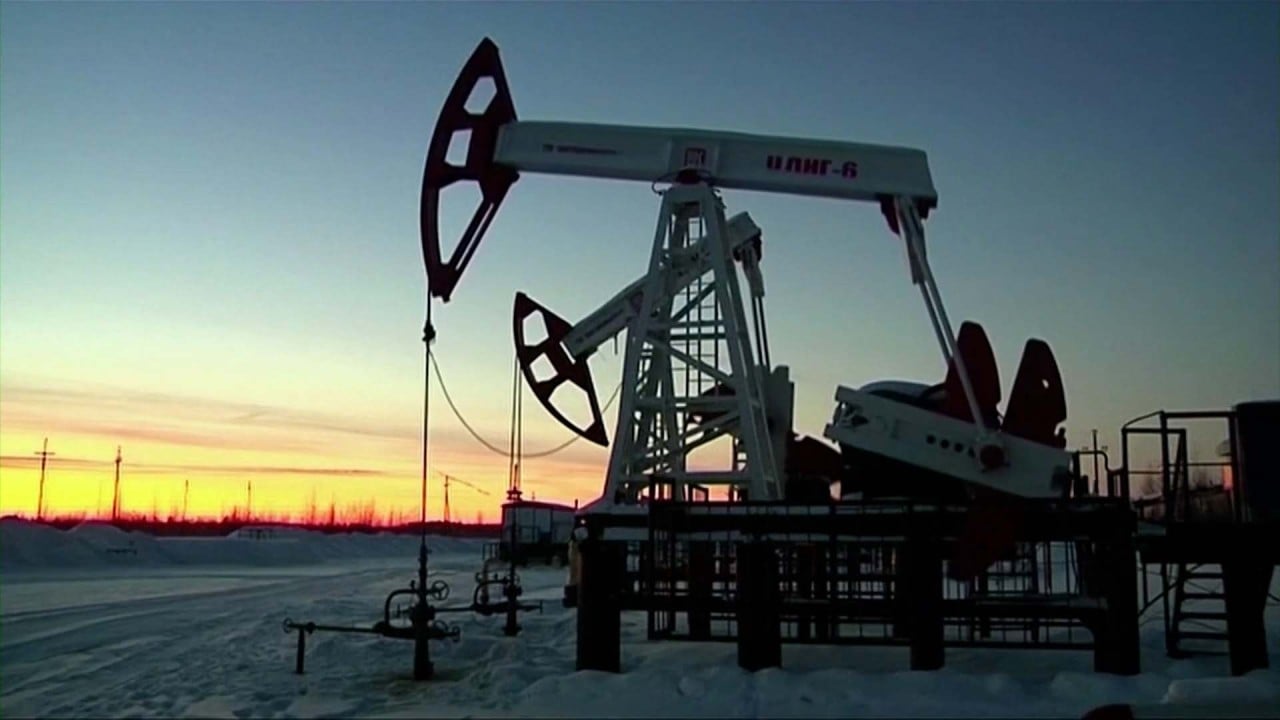
Why US-Saudi relations might, but likely won’t, break down over oil cuts
- The US and Saudi Arabia’s long and unlikely alliance, based on their oil and security interests, has been put on shaky ground in recent years
- Yet, while the Saudi-led oil cartel’s latest decision to cut output has sparked a spat with the US, the odds are this too will be swept under the carpet
As British statesman Lord Palmerston once said: “We have no eternal allies, and we have no perpetual enemies. Our interests are eternal and perpetual, and those interests it is our duty to follow.”
The United States and Saudi Arabia have for 77 years – since president Franklin D. Roosevelt met king Abdul Aziz Al Saud on the USS Quincy in Suez – put aside huge differences in culture, religion and tradition to protect their interests: for the Americans, colossal oil interests in the region, and for the Saudis, a security umbrella in the context of toxic regional conflict.
But as the world changes and interests shift, so the foundations for this arrangement have over the past two decades begun to falter. Recent developments have raised serious questions over the future of the alliance. The countries may no longer be “eternal allies”, and it is uncertain how such a change in relations will affect the rest of us.
In response to US President Joe Biden’s threat of “consequences”, Saudis have indicated that they have other friends and allies, not least Russia. They are asserting their own interests and expecting the US to recognise and respect them.
While it may seem self-evident to Western powers that high oil prices would aggravate inflation and harm the global economy, the view among oil exporters is dramatically different.
As inflation sticks and recession hits, prepare for five years of hard times
Climate change and the necessary shift away from fossil fuel consumption leaves them sitting on rapidly devaluing assets. If by 2050 demand for oil is set to decline sharply, then their self-interest is to maximise revenues while they can. Cheap petrol for affluent US car drivers is not their priority.
It is perhaps surprising to learn that Saudi Arabia needs oil prices of over US$79.2o per barrel to cover its costs, and that while oil revenues for the first half of 2022 are 74 per cent up from the first half of 2021, this will generate only its first fiscal surplus in about a decade.
Also, while Nigeria is earning much more for its exported oil, much of this seeming bonanza has to be spent on expensive gas imports. Iraq’s oil revenues may have doubled, but there is no effective government in place to authorise a federal budget. We are perhaps not the only ones facing existential challenges.
Trust on both sides that the US and Saudi are truly committed to each other’s interests has been eroding for almost two decades, lurching sharply downhill with the US suspicion of direct Saudi support for a number of the hijackers responsible for the 9/11 attacks.
As one commentator noted, “neither the UAE nor Saudi Arabia has any appetite for helping the Biden administration with gasoline prices for the upcoming US election”.
Given how starkly different US and Saudi societies are, the longevity of their 77-year alliance is proof that when interests are strong enough, all manner of differences can be swept under the carpet. The odds are this recent spat may be resolved too. The cynical reality is that the US still shares strong security interests in the Gulf region, and Saudi Arabia still needs US arms.
David Dodwell is CEO of the trade policy and international relations consultancy Strategic Access, focused on developments and challenges facing the Asia-Pacific over the past four decades



